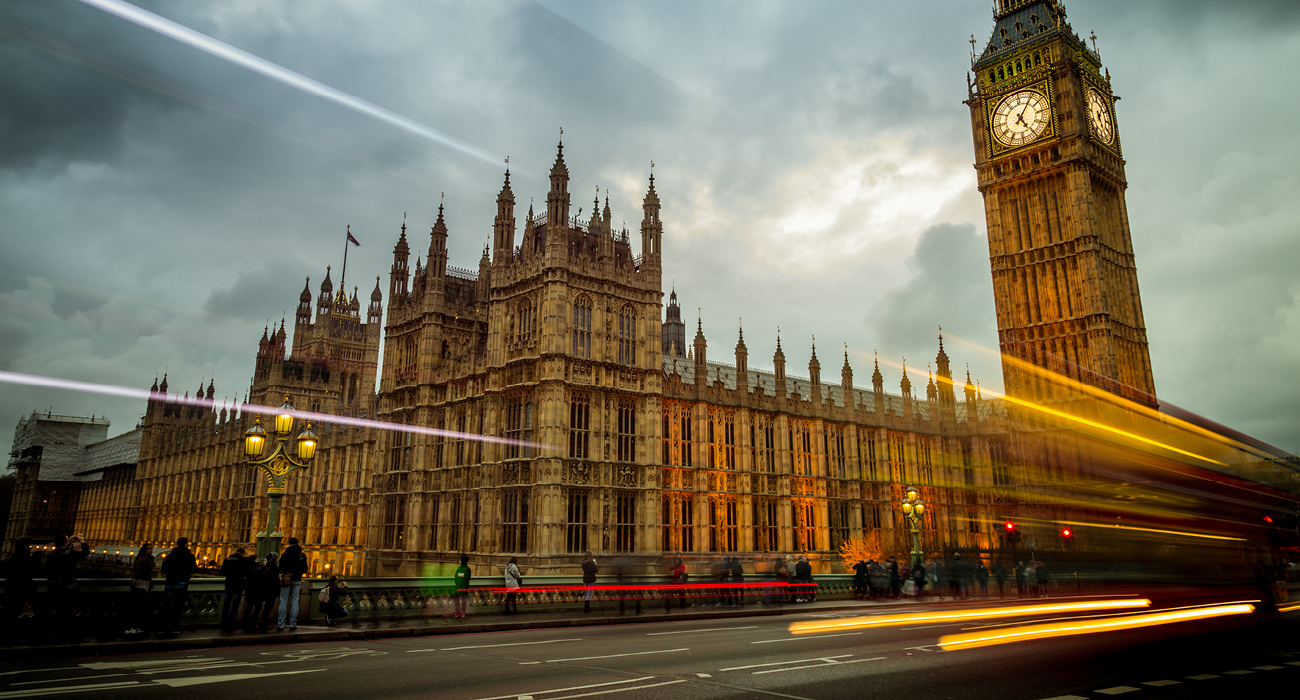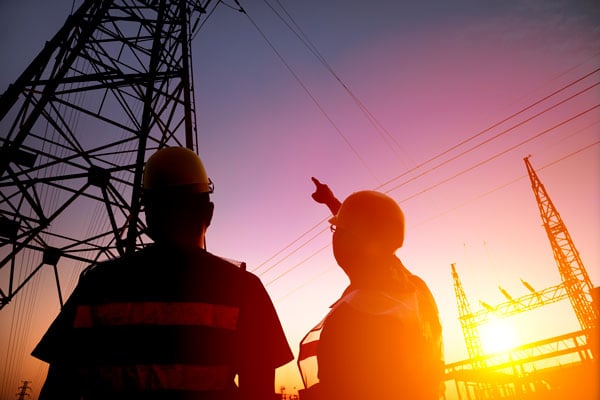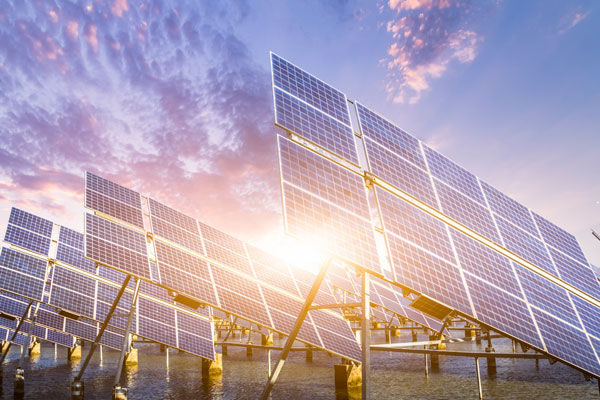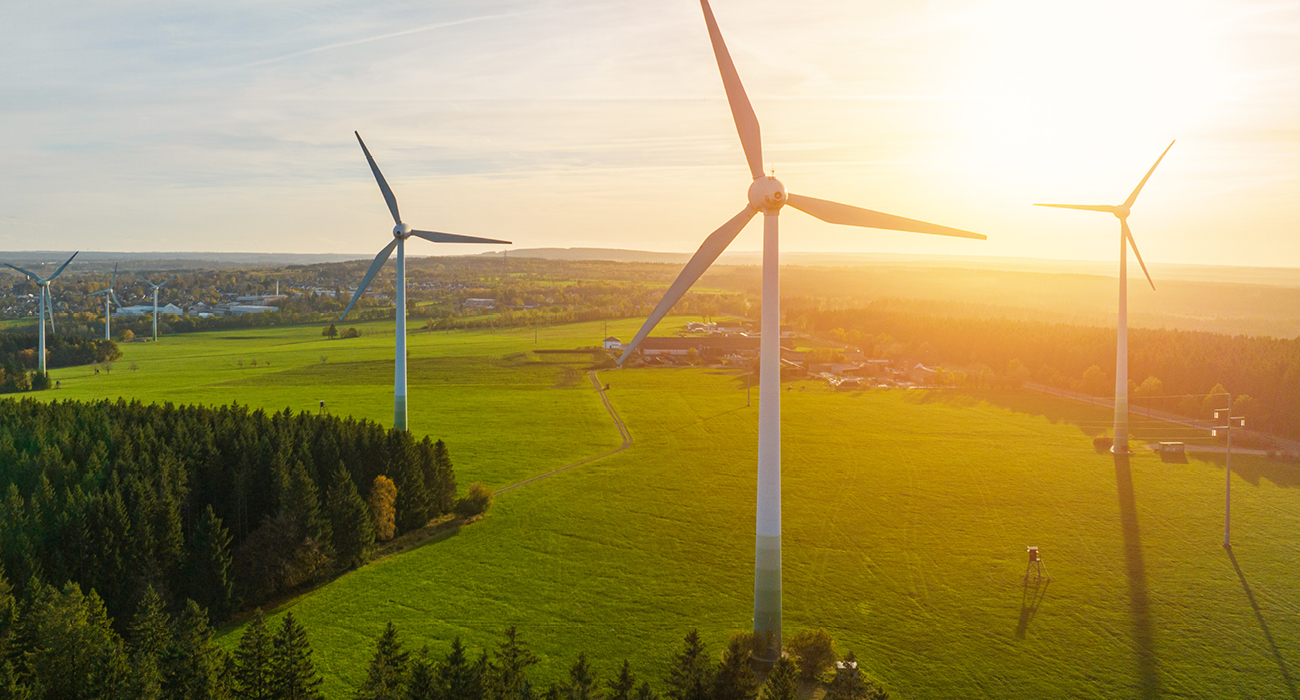/npm214%20Digital_H_UB139.jpg)
Market-wide Half-Hourly Settlement - latest information.
-
Energy News & Insight
Featured content
Latest updates
Trending Topics
Categories
- Products & Solutions
- Get a Quote
- About nBs
- My Account
- nBS Foundation
- Contact Us
-
Energy News & Insight
Featured content
Latest updates
Trending Topics
Categories
- Products & Solutions
- Get a Quote
- About nBs
- My Account
- nBS Foundation
- Contact Us
-
Energy News & Insight
Featured content
Latest updates
Trending Topics
Categories
- Products & Solutions
- Get a Quote
- About nBs
- My Account
- nBS Foundation
- Contact Us
-
Energy News & Insight
Featured content
Latest updates
Trending Topics
Categories
- Products & Solutions
- Get a Quote
- About nBs
- My Account
- nBS Foundation
- Contact Us
Contact Us
We’re open:
Monday, Tuesday, Thursday 9am-5 pm
Wednesday 9am-5pm
(Customer Services 9am-12.00pm)
Friday 9am-4.30pm
Excluding public holidays.
/npm214%20Digital_H_UB142.jpg)
/npm214%20Digital_H_UB141.jpg)
/npm214%20Digital_H_UB140_nBET.jpg)
/npm214%20Digital_H_UB43.jpg)
/npm214%20Digital_H_UB134.jpg)




/npm214%20Digital_H_UB121.jpg)
/npm214%20Digital_H_UB101.jpg)

.jpg)

/npm214%20Digital_H_UB15.jpg)

